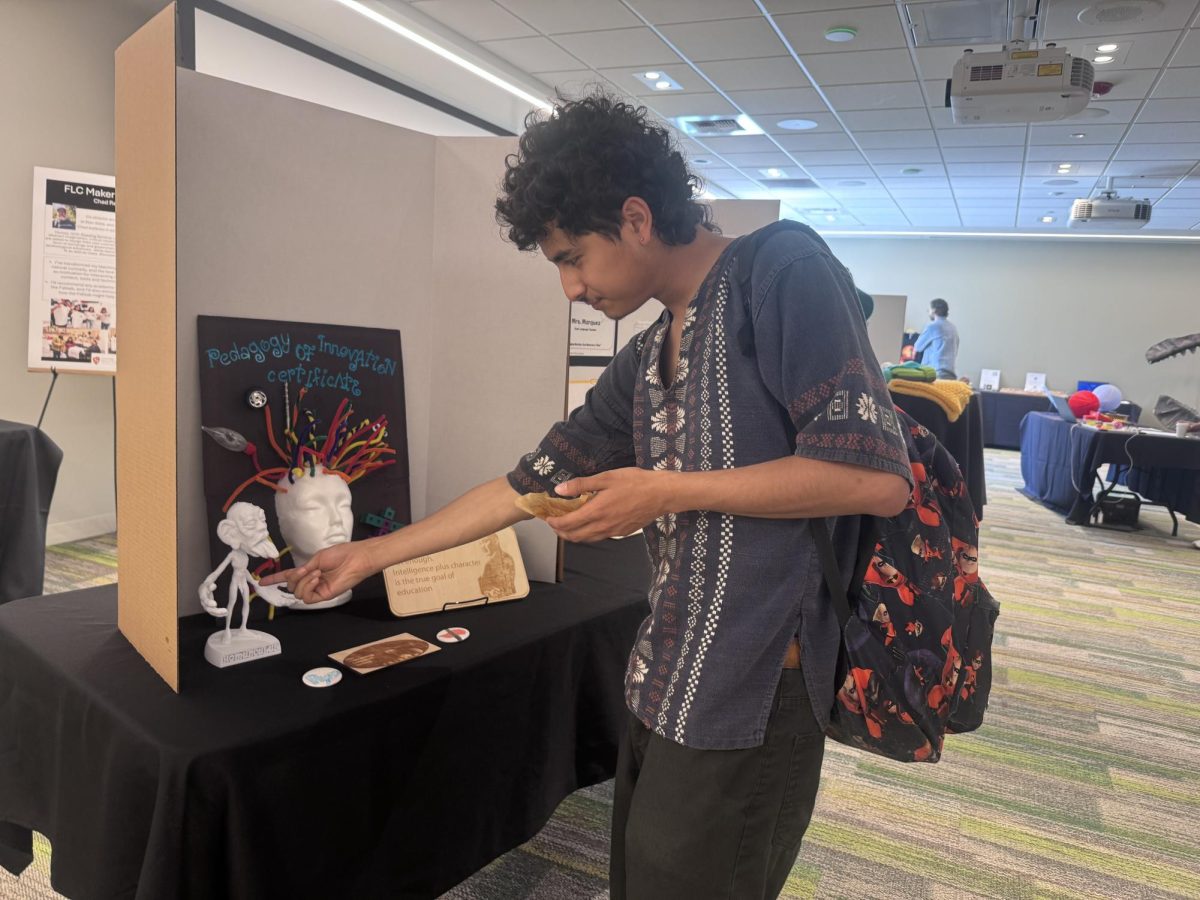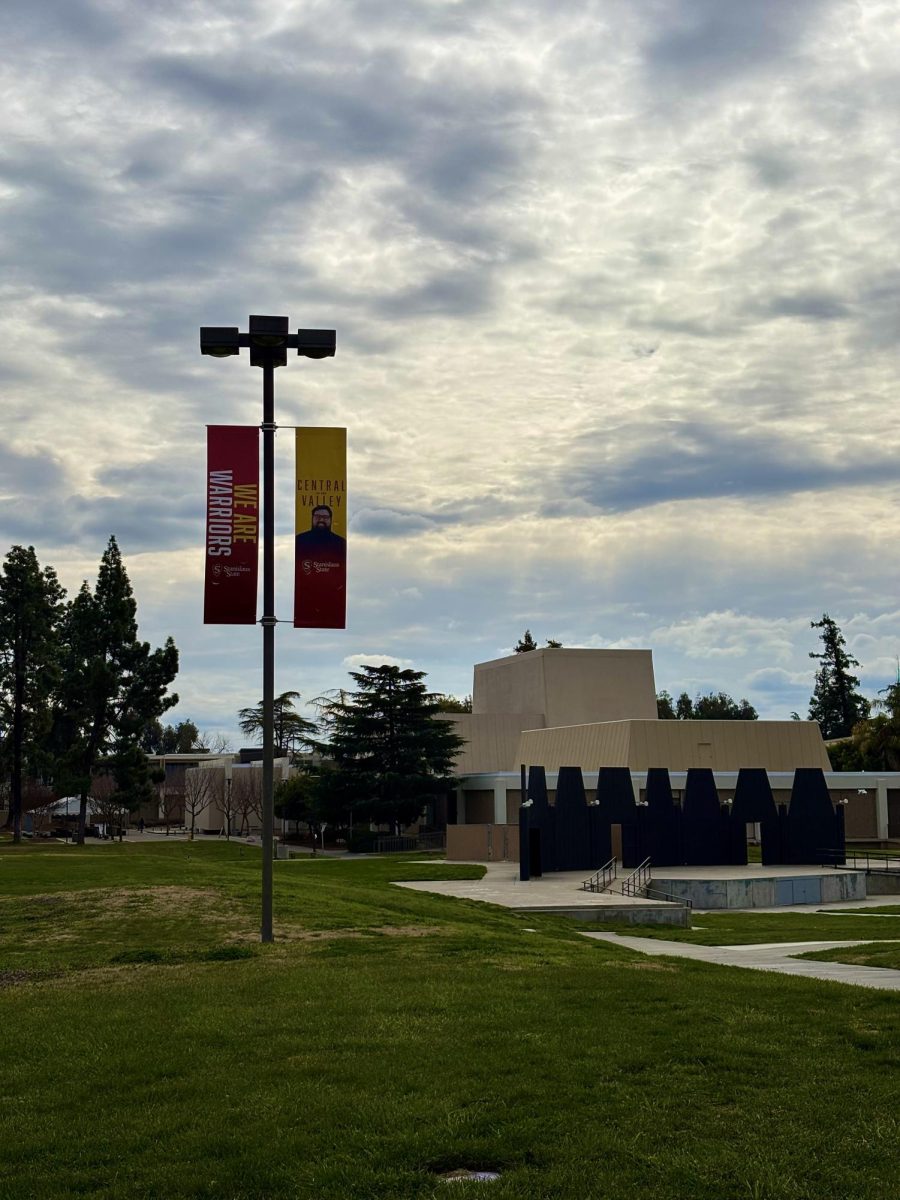Hopping online to see that another famous name has been canceled is becoming a more common occurrence for many individuals thanks to the widespread reach of the Internet. Students may find the latest instance of cancel culture trending on their Twitter or Facebook feeds at any given time, allowing them to cast judgement as they see fit. However, while they watch these events play out on their different devices, some Stan State students understand the impact cancel culture can have on celebrities, politicians, and even fellow students.
Getting “canceled” is a term that can get thrown around on social media platforms and can have multiple levels of severity depending on the situation. Merriam-Webster defines canceling as “the removing of support for public figures in response to their objectionable behavior or opinions. This can include boycotts or refusal to promote their work.” While this definition gives a generic explanation of what canceling someone can consist of, students also have their own versions of what they understand it to be.
Adrian Rodriguez-Torres (senior, History) explains his understanding of cancel culture by describing it as “when social media puts people on blast about something horrible that they did and usually it ruins their careers and gets everyone to stop supporting them. It can ruin people’s careers when they deserve a second chance sometimes.”
Those seeking to cancel others may be doing so with the intent of creating a better society by removing select negative aspects of it. “I believe that cancel culture is an effective method of seeking change because it doesn’t allow people who discriminate to get away with it,” explains Vanessa Reyes (senior, Criminal Justice). “I’ve heard of a couple of famous celebrities and Youtubers that have been canceled over both recent things and things they have said or done in the past.”
In the last year alone, we have seen multiple occasions of individuals calling for the canceling of celebrities such as Ellen DeGeneres, Morgan Wallen, Shane Dawson, J.K. Rowling, Chris Pratt, Eminem, and others for reasons ranging from transphobia to racial insensitivity. While some of these celebrities were more successfully “canceled” than others, many instances brought attention to actions that may have otherwise gone relatively unnoticed.
While many may celebrate the accountability that cancel culture can provide, some fear the long-term effects it may have on an individual. “There could be serious long term negative effects” explains Eden Franklin (freshman, Psychology). “People would not be able to make mistake freely and learn from them. We are all human and we all make mistakes.”
There are also other students who believe this culture can be an asset to keep others in check despite having the potential to have dangerous repercussions. “Cancel culture may have both positive and negative effects. On one hand it can help hold people accountable for their actions, but on the other hand it can literally ruin their lives,” explains Rodrigues-Torres.
Unfortunately, cancel culture is not only connected to those who have done something wrong. Simply being accused of something can be enough to face being “canceled” regardless of if you are famous or even simply a student at Stan State.
Former Stan State student Christopher Thompson faced this situation when he was accused of having ties to white supremacy groups in the days leading up to an ASI election in 2019. The Signal previously covered the claims of Thompson’s ties to a white supremacy group made by Northern California Anti-Racist Action (NoCARA). While there was never any reported confirmation of the claims, many had already withdrawn their support for Thompson.
Chrysta Borba (alumni, Sociology) recalls watching Thompson become effectively cancelled despite the lack of proof to back the claims. “I remember hearing whispers from other students saying that they did not want him on campus and that despite it being unconfirmed, the stories about him seemed to always get worse and worse each time they were retold, like a horrific game of telephone. It is wrong that he may have had his college experience ruined because of rumors and because of those who were eager to jump on the bandwagon of accusing him. It’s just wrong.”
The events surrounding Thompson provide a grim reminder of what can happen when speculation trumps fact. The power of cancel culture has the potential to be immense enough to both change societal behavior as well as effectively depower those in question. It is up to each individual however to decide whether they are informed enough to cast judgment and “cancel” someone or if there may be enough reason to seek an alternative way to create change in society.
Categories:
Student Perspectives on Cancel Culture
Anthony Perkins
•
March 8, 2021
Cancel culture can be seen by students on many different social media platforms, opening the door for a new potential form of accountability. (Illustration by Anthony Perkins)
0
More to Discover







